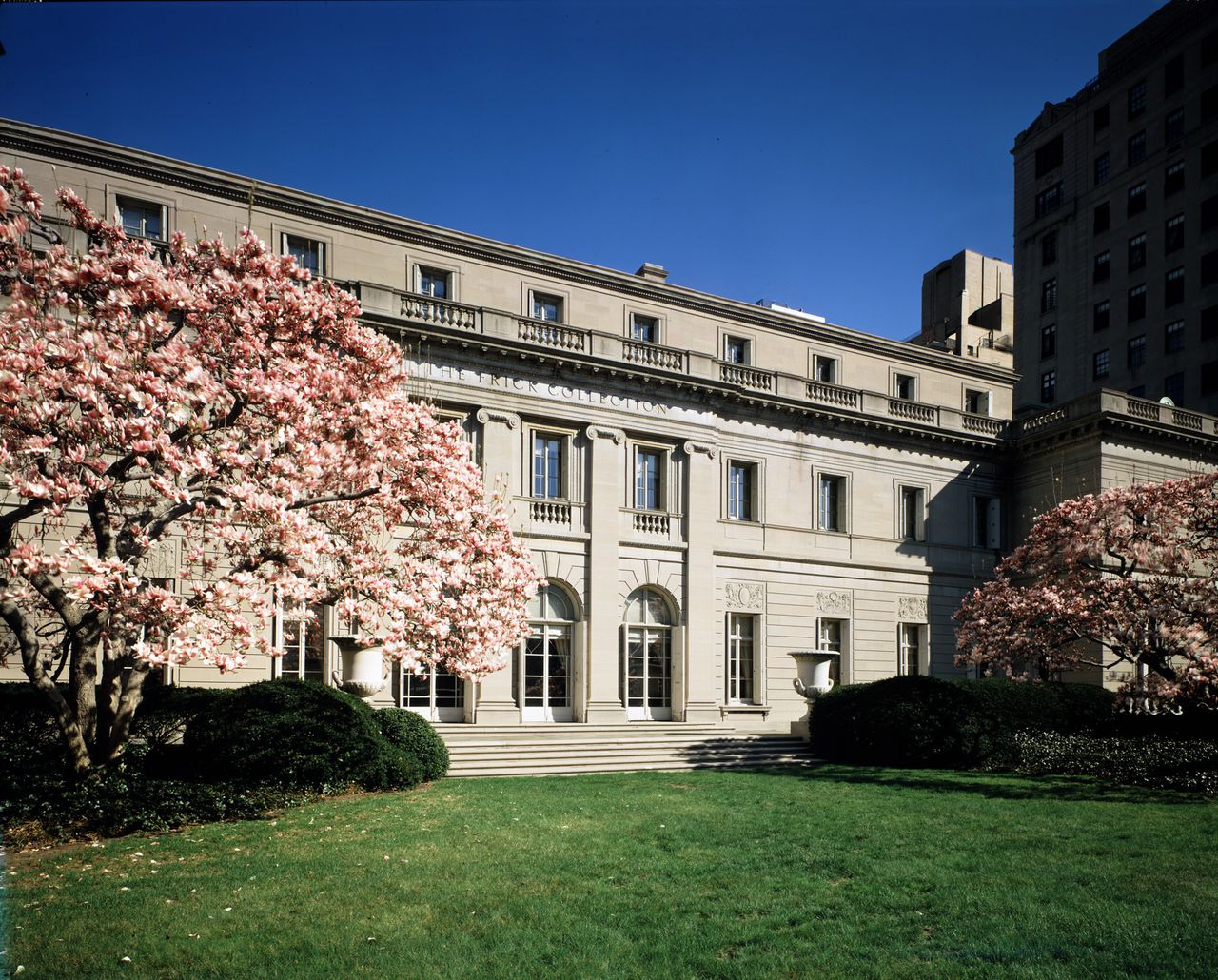Alabama needs a real corporate community, not absentee landlords
This is an opinion column.
Daniel Coleman is a college president fighting for the survival of his institution, and for about an hour and a half last month, we sat down for an interview. For a moment I thought I might be testing how much of my alma mater, Birmingham-Southern College, had rubbed off on me.
“You ever go to New York and go to the Frick Museum?” he asked.
Normally, I would run my fingers through what’s left of my hair, flash an “aw-shucks” smirk, and confess to being a passably educated redneck from Clarke County, Alabama. Instead, I let him keep going to see where he intended to take this.
“It has awesome Impressionism, Dutch masters,” he said. “It’s just beautiful. It’s all in his old house on Fifth Avenue.”
Unlike the Met or MoMA (which I’ve seen), the Frick Collection doesn’t take all day to see. The mansion-turned-museum is a two-hour tour.
But once, it had been a home.
Henry Clay Frick had been one of the early executives with U.S. Steel. His business ventures with Andrew Carnegie and Andrew Mellon had made him one of the richest men in America.
In the Panic of 1907, none other than J.P. Morgan called him to ask for help.
A New York bank had gotten stuck in a bind, having lent too much money with nothing for collateral but some stock in an upstart Southern steel company. The bank could collapse if it couldn’t find a buyer for that stock. As it happened, the company, Birmingham’s TCI, was a growing competitor and threat to U.S. Steel.
Morgan convinced the men to buy it out from under Birmingham.
“No one from Birmingham is in that room,” Coleman said. “All of a sudden, probably the biggest and one most important employers in the state changed hands completely — no one had any say — and became a subsidiary for U.S. Steel.”
From then on, Birmingham was a satellite, taking orders from absentee owners up north. The Magic City was obliged to serve its owners in New York.
“Every time I go in there I think that all came from Birmingham,” Coleman said. “All that money.”
The Frick Collection Exterior: Fifth Avenue Garden and Facade (looking toward 70th St.)
Photographer: Galen Lee 1.The exterior of the Frick Collection museum, once a Gilded Age magnates palatial home, and now celebrating 75 years as a museum. 2.braun 3.braun new york NY 000-000-0000
That mansion, that collection – we did that. But today we benefit from none of it, and I haven’t been able to stop thinking about it since we talked.
Coleman’s point was that this is the place where Alabama finds itself over and over again.
Look at most major economic projects in this state in my lifetime — Mercedes, Hyundai, Honda, Mazda-Toyota. Manufacturing jobs are better than no jobs at all, but at some point, there’s a limit.
“This idea of keep-selling-ourselves-as-low-price-labor is building Frick museums in Seattle and San Francisco and New York and Boston,” said Coleman.
The college Coleman leads, Birmingham-Southern, might not survive. As I said before, it’s my school, too, so I’m pulling for it to succeed. But regardless of whether it does, Coleman’s point still stands.
Look at the “buffalo” we’ve brought home, as the economic developers sometimes call the hunt for major projects. We’ve landed our share but what do we have to show for it?
We supply the labor. And the tax breaks.
Sometimes we supply the raw materials.
The jobs we “create” here, though have a limit to how high they go. Stock options and bonuses are mostly for people who live in other states, if not other countries.
In Alabama, we have made our economy subservient to absentee landlords.
PREVIOUS: Beneath college’s struggles is Birmingham’s decline
In about a month, Alabama governor Kay Ivey will give her latest State of the State address, sharing her agenda with lawmakers.
She will undoubtedly brag on Alabama’s record-low unemployment rate, as she should.
But it’s time to take notice of something in this state — something our elected leadership must make a priority. We have to grow Alabama businesses into national or international companies, not just settle for the generosity of out-of-state landlords.
Alabama’s corporate community is pretty much the power company, and every state has one of those. And heck, our power company is just a subsidiary of a Georgia-based company next door.
Birmingham doesn’t have a Coca-Cola.
Mobile doesn’t have a Home Depot.
Huntsville doesn’t have a Delta.
Alabama doesn’t have a Disney.
The simplest explanation for much of the poverty we have in this state is that we haven’t got any rich people to live here.
No one to take an interest in an ailing college.
No one to help out the nonprofits our people depend on.
No one with wealth to call Alabama home.
Kyle Whitmire is the state political columnist for the Alabama Media Group, 2020 winner of the Walker Stone Award, winner of the 2021 SPJ award for opinion writing, and 2021 winner of the Molly Ivins prize for political commentary.
